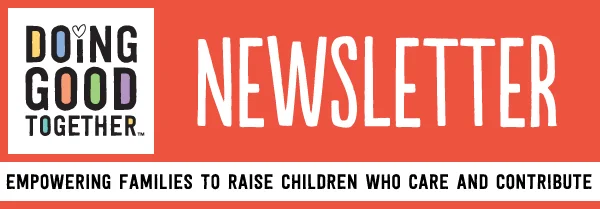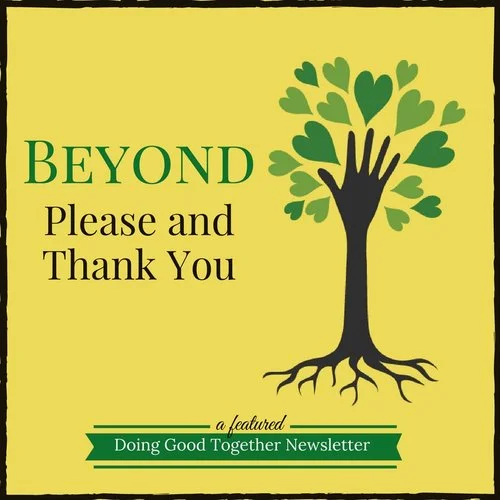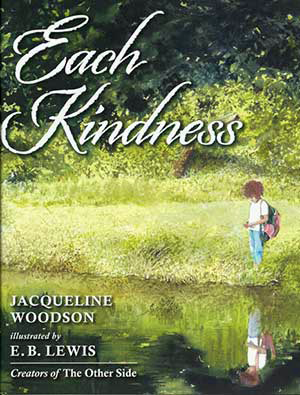BEYOND "PLEASE" AND "THANK YOU"
Concerned with what it saw as a precipitous decline in empathy, Sesame Street Workshop commissioned a study, K is for Kind, to examine the issue. Among other things, the researchers found that both parents (70%) and teachers (86%) felt that "the world is an unkind place for children." However, we were heartened to learn that a large majority of both groups believed that raising kind children is critical, rating it as even more important than academic success.
But here's the problem: While most parents believe they are raising kind, empathetic children, only one-third of teachers agree with this. This disconnect suggests that parents may not be sharing the kindness message with their children as effectively as they believe. One possible explanation: Parents put manners before empathy, suggesting that they may be focusing on "please" and "thank you" rather than on the skills necessary to grow compassion. Below are tips for brushing up on those skills.
-Jenny Friedman, Executive Director
MYTHS AND REALITIES
Make a Difference.....
Of course, good manners matter. However, kindness goes much deeper--and is ultimately more significant--than things like writing thank-you notes or keeping elbows off the table. I have written often about empathy-building parenting, and here's a review:
Be your children's emotion coach. Helping your children understand feelings-their own and those of others--is a critical first step in becoming empathetic and thoughtful.
Teach responsibility. Chores can be your child's first introduction to contributing to the common good.
Read, read, read. Studies show that reading increases our capacity for empathy. That's even more true when you choose big-hearted books, encourage your child to put themselves in the character's shoes, and add thoughtful conversations to your reading time.
Enlarge your circle of care. Emphasize what you have in common with others, rather than what divides you.
Cultivate joy - and meaning. Parents can nurture kindness (and well-being) when they foster qualities such as optimism, wonder and awe, and a love of nature.
Encourage service. Make "giving back" a part of your family routine with simple at-home projects, or a kindness challenge. It's also easier than you think to volunteer as a family.
REFLECTING ON EMPATHY
Talk About It.....
Perhaps more than anything, empathy flows from meaningful conversations. Enjoy having "big talks" with your children, always keeping in mind that it's more important to listen than to talk. Read our ideas for jump starting those conversations.
Whenever you can, emphasize how much kindness and "doing for others" means to you. Say things like: "The most important thing to me is that you are thoughtful and caring." "Our family treats others with kindness." "Kindness is more important to me than good grades."
Learn About It.....
These children's books provide other ways to spark conversations with your children about what happiness means to them.
Each Kindness by Jacqueline Woodson (Ages 5-8). Unlike most children's books, this award-winning story does not have a happy ending. When Chloe and her friends reject new girl Maya, Chloe learns a valuable lesson about accepting people. She also discovers the regret of missing an opportunity to share kindness.
INSPIRATION
"We don't set out to save the world; we set out to wonder how other people are doing and to reflect on how our actions affect other people's hearts."
-Pema Chodron, American author and Tibetan Buddhist





